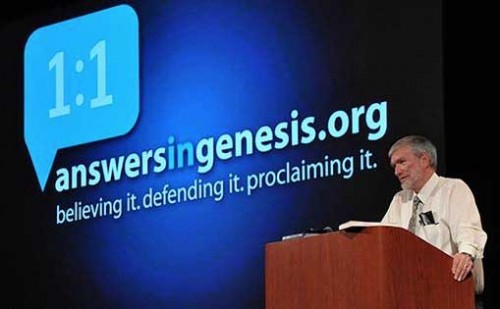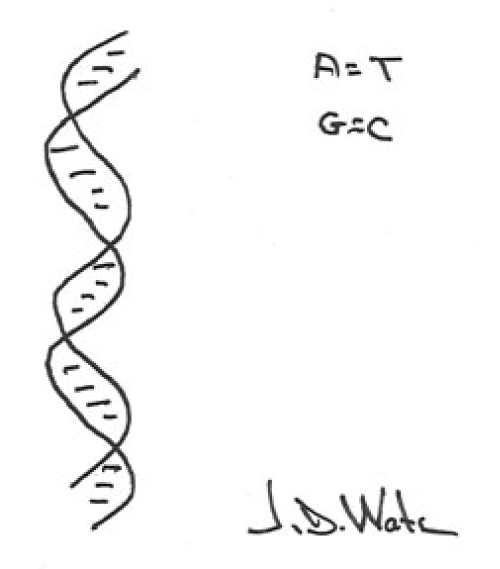We’ve been getting rumblings about this for some time now: Ken Ham’s Creation “Museum” is struggling. This is not surprising. It’s initial success was due to novelty and capitalizing on controversy, but all of that is fading.
In a developing story from Kentucky, the Creation Museum is running out of money due to declining attendance, bringing their “Ark Encounter” project to a stand-still because of a lack of funding.
Interestingly, the reason for the slowing traffic seems to be creationism itself, since the main exhibit has literally not changed in 5 years. Most museums’ exhibits change as new discoveries are made, as artifacts travel from other museums to visit, or as adjustments in scientific thinking are made.
Another reason could be the demographic that creationism’s proponents target.
Mark Joseph Stern from Slate.com writes:
A spectacle like the Creation Museum has a pretty limited audience. Sure, 46 percent of Americans profess to believe in creationism, but how many are enthusiastic enough to venture to Kentucky to spend nearly $30 to see a diorama of a little boy palling around with a vegetarian dinosaur? The museum’s target demographic may not be eager to lay down that much money: Belief in creationism correlates to less education, and less education correlates to lower income.
In hopes to draw repeat customers, the museum has added zip-lining and sky bridge courses to their attractions this summer. But when confronted by critics who wonder what the zip-lining and sky bridge attractions have to do with the museum’s message, Mike Zovath, the museums co-founder and vice president, says that the extra activities are irrelevant.
The Ark Encounter is a similar desperate ploy to grab attention — it’s true that you have to spend money to make money, but they’re in the position now of having to pour more wealth into their enterprise than they can get out of it. It’s doomed to the fate of Holy Land USA and Heritage USA.
I’d tell you to go now while you still can, but I don’t want to give it a blip of attendance…it’s time to let it die a peaceful, natural death.



